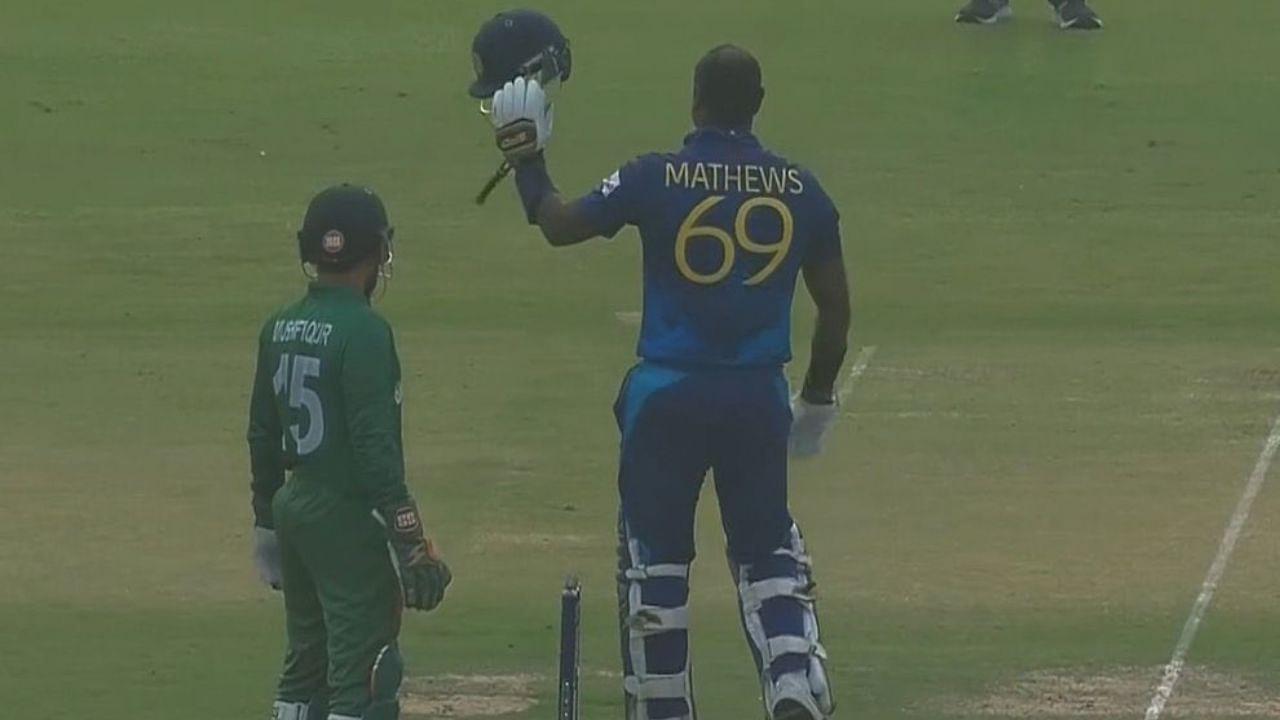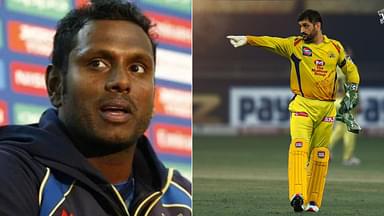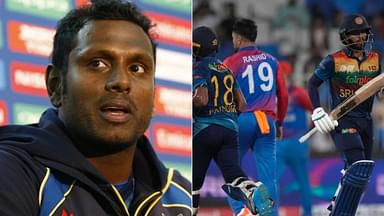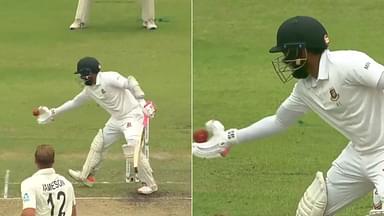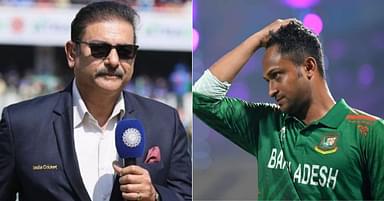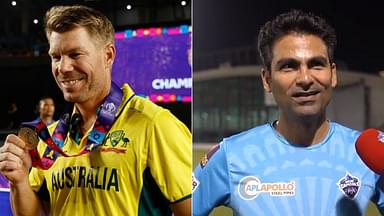Former Sri Lanka captain Angelo Mathews has become the first-ever cricketer to be dismissed timed out in international cricket. The peculiar dismissal has immediately brought the sport’s most debatable debate named “Spirit of Cricket” back into recognition.
Advertisement
Coming in to bat at No. 6 in the 25th over, Mathews consumed more than “two minutes” before being completely ready to face his first ball against Bangladesh captain Shakib Al Hasan. With the latter appealing in the hope of finding refuge in the laws of cricket, he ended up benefiting from his awareness of the game and its laws.
As a result, Mathews had no option whatsoever than to walk back to the pavilion without even facing a ball. All attempts of the 36-year old player asking both umpire Marais Erasmus and Shakib earnestly for considering his case went futile as the two of them rightly sided with the laws.
Much like former India captain Mahendra Singh Dhoni had done against England 12 years ago, even Shakib could’ve withdrawn the appeal but he chose not to considering what was at stake in a World Cup match. Mathews, on the other hand, gave the impression of beseeching Erasmus and Shakib about being ready to play within the time limit.
It is noteworthy that Mathews observed a fault with the strap of his helmet right before taking guard for the first time at the Arun Jaitley Stadium today. In spite of the fact that a spinner was bowling, him seeking a new helmet eventually proved costly. A veteran of over 400+ international matches across formats, Mathews was expected to have done much better than coming across as oblivious to basic rules.
View this post on Instagram
What Is Timed Out In Cricket?
One of many modes of dismissal in cricket, Timed Out requires a batter to be ready to face the next ball within three minutes of a dismissal. Two minutes have been mentioned in the second paragraph because of the playing conditions of ICC Cricket World Cup 2023 which is a matter of greatest importance (as compared to MCC’s Laws) while deciding such matters irrespective of the tournament.
“After the fall of a wicket or the retirement of a batter, the incoming batter must, unless Time has been called, be ready to receive the ball, or for the other batter to be ready to receive the next ball within 3 minutes of the dismissal or retirement. If this requirement is not met, the incoming batter will be out, Timed out,” reads MCC’s Law 40.1.1.
Well, that wasn’t cool ⏰
— Dale Steyn (@DaleSteyn62) November 6, 2023
Readers must note that Shakib was well within his right to not pull back the appeal because he would’ve been at the receiving end of a penalty imposed due to slow over rate. Therefore, as a captain, he has set an example in world cricket.
As far as critics finding faults in him whilst hiding under the umbrella of “Spirit of Cricket” are concerned, spirit can’t and shouldn’t be taken seriously as it’s subjective and will remain so till armageddon. Laws, on the contrary, remain uniform for everyone.
Absolutely pathetic what happened in Delhi today! #AngeloMathews
— Gautam Gambhir (@GautamGambhir) November 6, 2023
Furthermore, it is worth of a mention that even Mathews, as a captain, hadn’t rightly withdrawn a run-out at the non-striker’s end appeal against Jos Buttler in the fifth ODI of Sri Lanka’s tour of England 2014 at Edgbaston.
